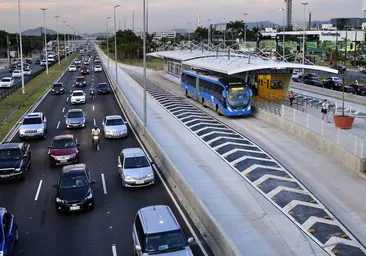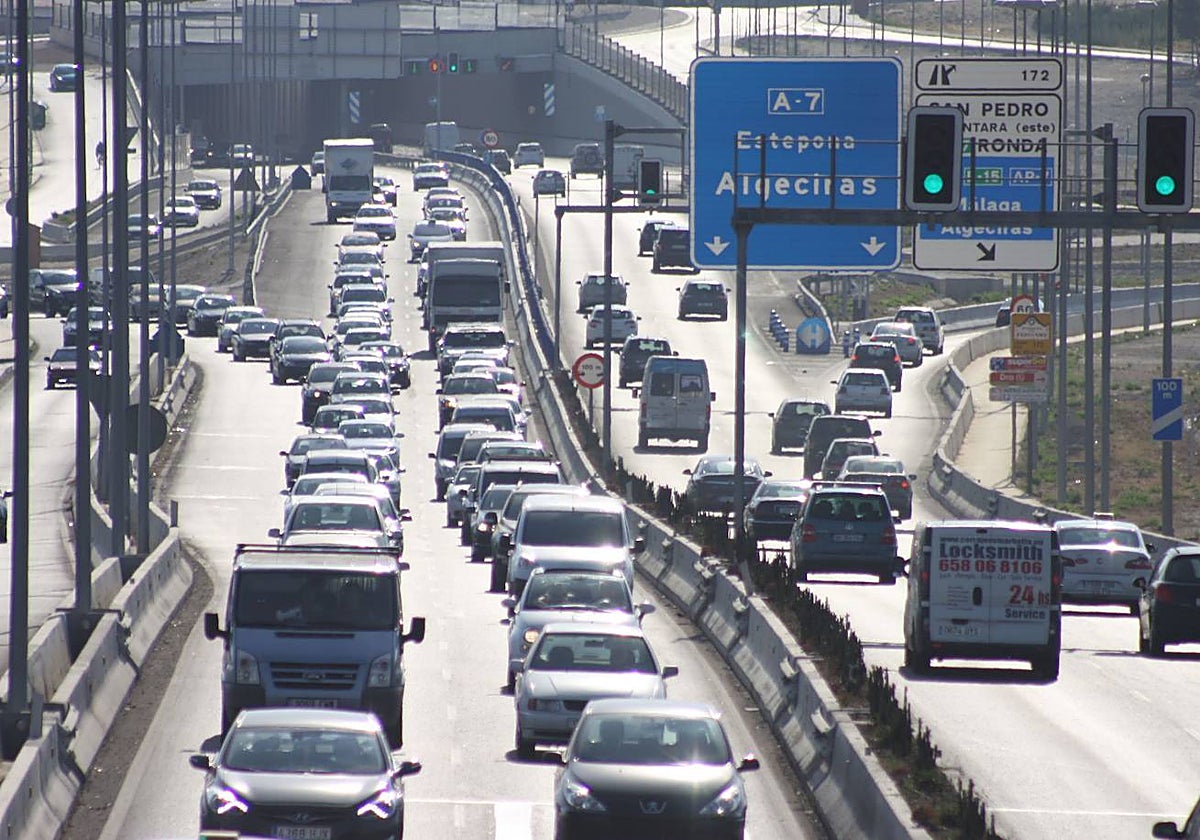DGT boss suggests minimum of two passengers per car as Costa del Sol's traffic crisis worsens
Director general Pere Navarro has warned of the saturation on Spain's network at peak times and the problem that the individual use of vehicles by the driver presents
Spain's Directorate-General for Traffic (DGT) authority is encouraging motorists to fill at least two seats in their cars as access points to large cities around the country, including Malaga, become clogged, especially during peak commuting hours.
The main accesses to Malaga city from the metropolitan area - especially from the eastern area and the Guadalhorce valley towns - are frequently collapsed during rush hours. Meanwhile, the average occupancy of each vehicle is less than two people.
DGT director general Pere Navarro said entrances and exits of large Spanish cities such as Madrid, Barcelona and Malaga "are at the limit of their capacity in terms of traffic". He called on drivers to occupy at least two seats in their vehicles in a bid to reduce the amount of traffic on roads and unclog bottlenecks.
Sources from the authority clarified this is "a recommendation" and there is no intention of turning it into a regulation. However, Navarro said that, after measuring the state of traffic on access roads to major cities, it was found that "80% of vehicles" only carry one person. "With the capacity limit, do the maths, we are going to be at a standstill any day now," he added.
Navarro encouraged "putting two people in each vehicle". "At this point in the 21st century, it should not be impossible," he said, who also pointed out he wants to achieve "half the number of vehicles, half the fuel consumption and half the emissions".
Blablacar
Navarro also pointed out the option for people to partake in car sharing. "Blablacar, which is a French multinational, has passed through the DGT, and in some cities it is providing the service, subsidised by the authorities, to expand car sharing in and out, and it is having good results."
"The challenge we have is to expand vehicle occupancy and what we cannot have is more vehicles. We are at the limit of capacity, and what we cannot do is to be talking all day long about climate change, emissions and so on, and have the capacity to enter and leave cities with vehicles at the limit," Navarro added.
Navarro encouraged locals who have to commute to work to use the Cercanías trains, which "is the most useful option for urban mobility" and which will double its service "by 2030".


